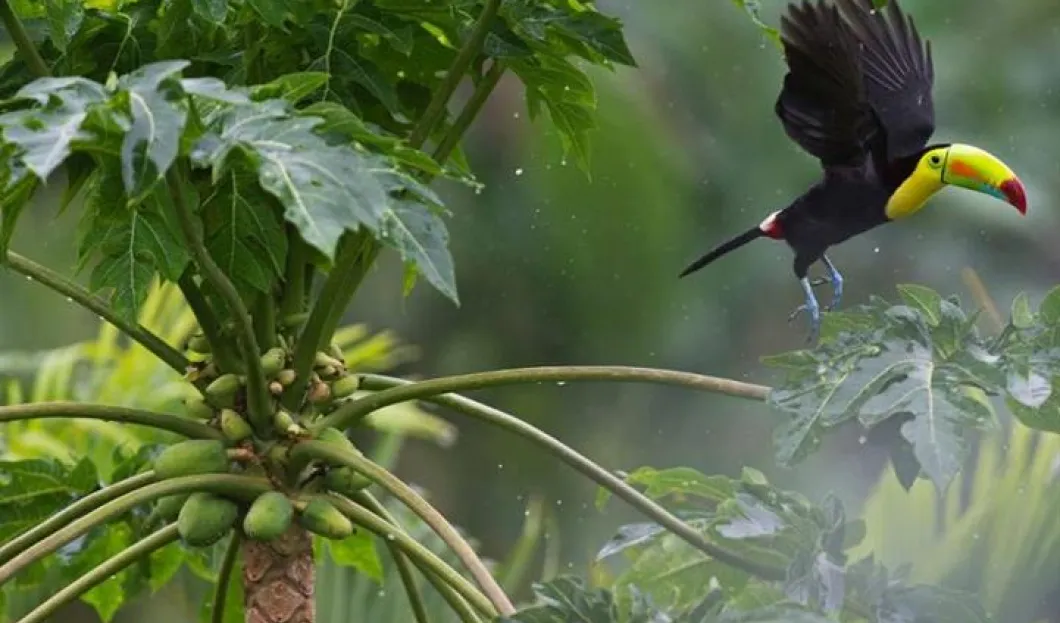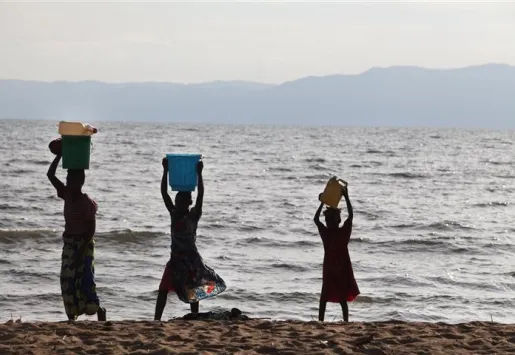
Following the example of Costa Rica, the relationship between nature and tourism as well as private conservation and community development are elements that could be replicated in other Central American countries as well.
If the other countries in the region manage to consolidate their network of private nature reserves, Central America would be forming a large biological corridor for the benefit of the species.
"We would be connecting the region from north to south and from east to west," said Martin Keller, president of the Latin American Alliance of Private Reserves.
According to Keller, Costa Rica is characterized as "first taking the floor" to discuss issues of sustainability not only in the public, but also in the private sphere. In fact, with 20 years of existence, the Costa Rican Network of Nature Reserves has shown that private conservation efforts do not replace the state efforts; on the contrary, they complement and reinforce them.
Many of these reserves function as buffer zones for national parks. In this way these parks do not become "biological islands" and they preserve conservation connectivity by means of genetic exchange to ensure the stability of populations of species, and with them, the ecological functions of the forest.
"Voluntary conservation in private hands allows the natural resources we still have to be preserved, preventing their exploitation. At present, private nature reserves safeguard the germplasm or genetic bank of the remaining species and that asset is extremely valuable," Keller noted.
To make conservation profitable and enable people to live off it, private reserves support economic activities that are compatible with the forest, such as ecotourism and sustainable agriculture.
For instance at Rancho La Merced in Puntarenas the forest cover is combined with sustainable livestock farming. Portasol in Quepos supports low-impact real estate development, while at the Pacuare Ecolodge in Siquirres, adventure tourism is tied in with forest protection.
"These activities even generate employment in very remote and poor rural areas," said Rafael Gallo, president of the Costa Rican Network of Nature Reserves.
Costa Rica is known for its years-long public and private investment in sustainable tourism. Thanks to the marketing campaigns of the local tourism board over 300 companies, including hotels, restaurants and tour operators, receive the Certification for Sustainable Tourism. These businesses demonstrate their commitment to sustainability through rational use of resources, proper waste management, environmental protection, respect for local culture, and their contribution to the development of communities.













